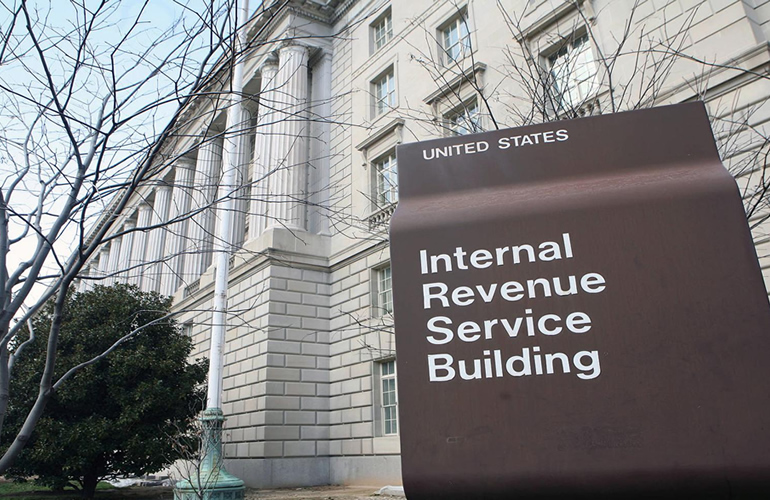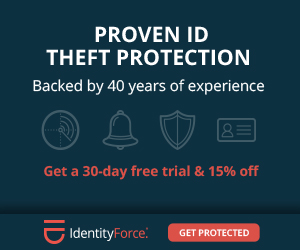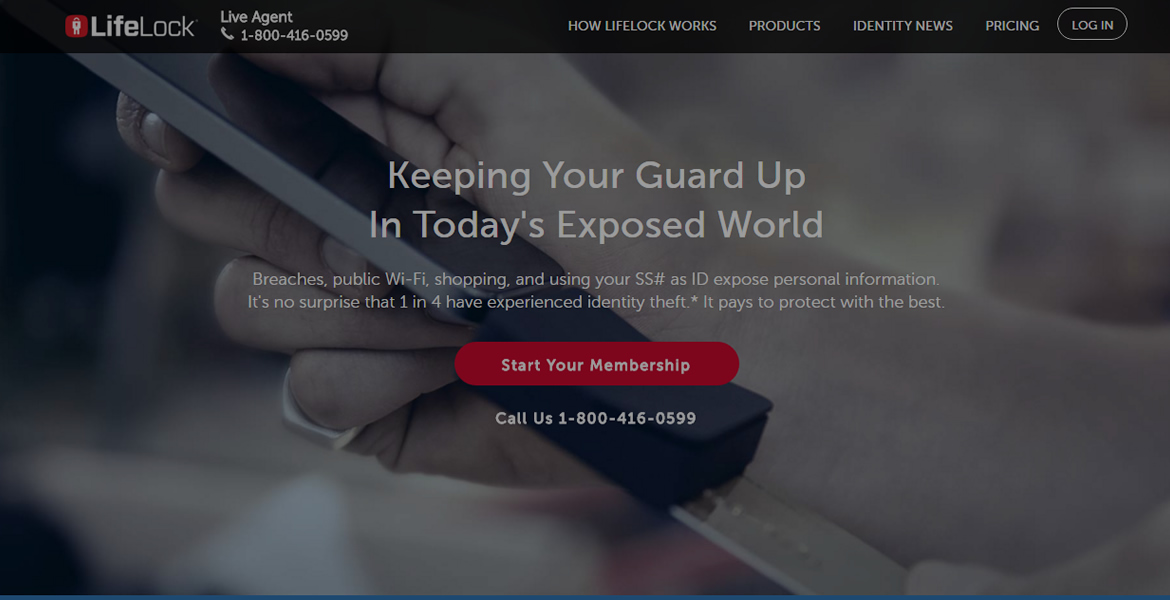According to a recent CNN story, two years after graduating from Baylor University, Jake McCoy received a letter stating a laptop with his personal information had been stolen.
“They told me my information was on it, and that’s pretty much it,” McCoy said. “I assumed that my information was in good hands; it was so hard to get the loans that I figured surely they’d protect it very well.”
The university set up Jake with a credit monitoring service for one year but after the one year was up, Jake still worries about his personal information being out there, beyond his control.
“The biggest concern is always that you don’t know what someone is going to do with your financial information,” said McCoy. “I was really worried that someone out there was going to be ruining my credit and how big of a headache it would be to resolve it.”
This is hardly the only case of data breaches affecting unsuspecting consumers. In March of this year, a portable media device containing personal information such as Social Security numbers, birthdays, names, and addresses for more than 3 million people was stolen from Minnesota-based Educational Credit Management Corp. It is believed to be the largest breach of its kind.

The risk to victims like these are twofold. Not only can the thieves commit identity theft themselves but there is a vibrant underground marketplace where information just like this is sold or traded to others who have the knowledge and expertise to profit from stolen identities.
Authorities claim black market sites crop up faster than they can shut them down. In fact, a website can be set up within minutes. Investigators have to investigate, file paerwork, and obtain warrants. It’s a losing battle.
Most credit card companies and banks offer some recourse if a customer becomes the victim of internet fraud. But when personal information is lost because a company is the victim of crime, it is often unclear who is ultimately responsible.
There are U.S. laws that hold companies accountable when major breaches occur, and new legislation is being considered. The Personal Data Privacy Act of 2009 would require companies to notify, in writing, anyone affected by a security breach.
According to the nonprofit Privacy Rights Clearinghouse, more than 350 million personal records at hundreds of universities, government agencies and businesses have been exposed because of data breaches.
How Can You Protect Yourself?
A story like this illustrates how little control you have over the safety of your private information.
“I don’t know why they were carrying around information on a laptop. I feel like they should be a little more protective with information than that.”
With so little control over what others do with your information, consumers should check their credit report annually but for greater protection, look into a credit monitoring service with comprehensive resolution services such as Identity Guard Total Protection. Identity Guard will not only monitor your credit report daily, but court records and public databases too. While annual reviews are a good idea, an identity thief can do much damage within a year.












